Why space experts want a new time zone for the Moon
An international effort has been launched to create a commonly agreed lunar time
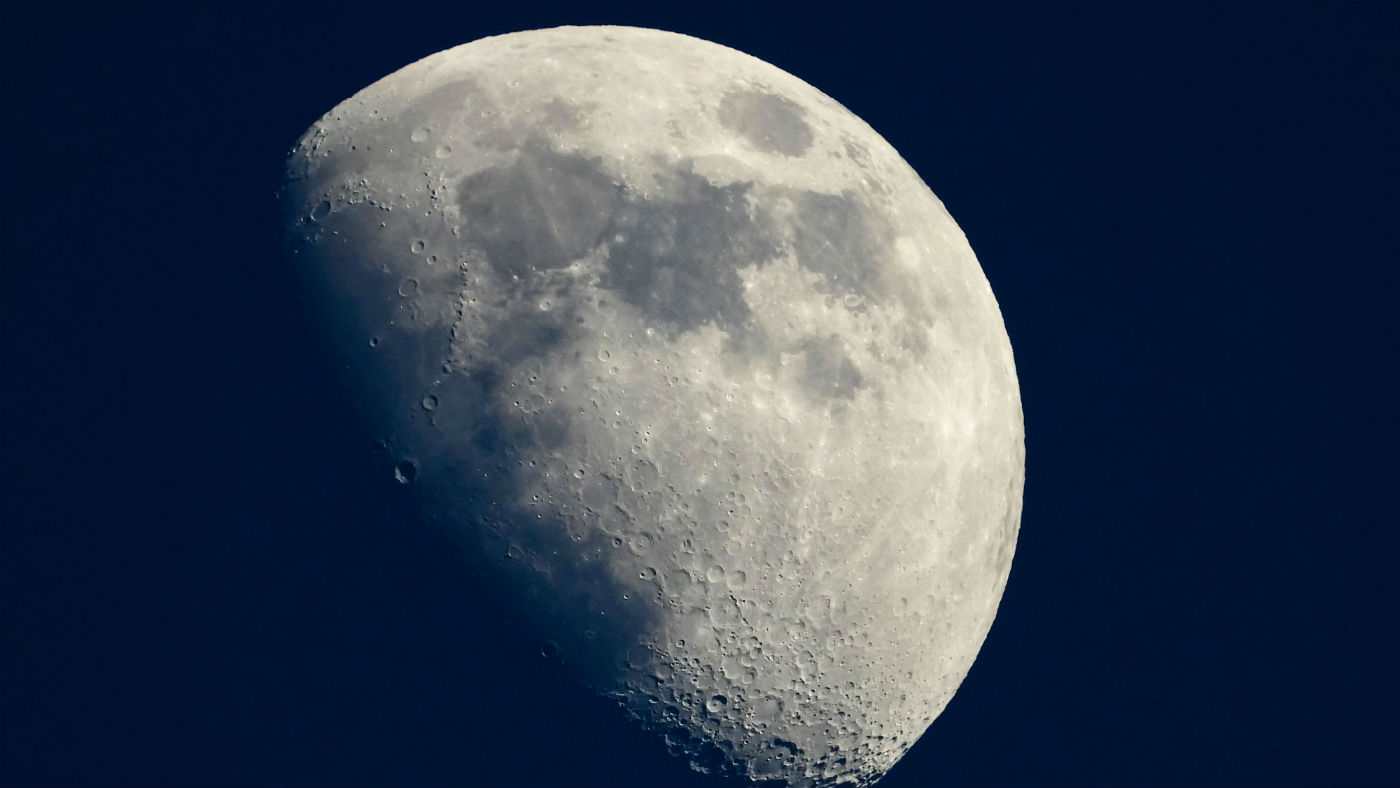
A free daily email with the biggest news stories of the day – and the best features from TheWeek.com
You are now subscribed
Your newsletter sign-up was successful
With dozens of lunar missions due to launch over the next decade, the European Space Agency (ESA) wants to give the Moon its own time zone.
The ESA is collaborating with other space agencies including Nasa in a “joint international effort” to determine what a lunar time zone might look like, said Axios.
The ESA announced the effort to standardise Moon time earlier this week, but space organisations first opened their discussions on the question at the ESA’s Netherlands-based Estec technology centre in November last year, according to Sky News.
The Week
Escape your echo chamber. Get the facts behind the news, plus analysis from multiple perspectives.

Sign up for The Week's Free Newsletters
From our morning news briefing to a weekly Good News Newsletter, get the best of The Week delivered directly to your inbox.
From our morning news briefing to a weekly Good News Newsletter, get the best of The Week delivered directly to your inbox.
Until now, each lunar mission has used its own system for time-keeping, the ESA said on Monday. But “as dozens of missions will be operating on and around the Moon and needing to communicate together and fix their positions independently from Earth, this new era will require its own time,” the agency said.
Working out a system of time for the Moon could prove challenging, seeing as “clocks on the moon run 56 microseconds per day faster than Earth”, reported Axios.
Getting it right is critical, however, because having a standard lunar time will not only make it easier for space agencies to communicate with one another but would also help astronauts navigate, said Smithsonian magazine.
According to Nature’s Elizabeth Gibney, space agencies are planning to install a global satellite navigation system (GNSS) on the Moon starting around 2030, which would operate similarly to how GPS works on Earth.
A free daily email with the biggest news stories of the day – and the best features from TheWeek.com
If scientists are able to establish “a working time system for the moon, we can go on to do the same for other planetary destinations”, said Bernhard Hufenbach, part of ESA’s Directorate of Human and Robotic Exploration.
Arion McNicoll is a freelance writer at The Week Digital and was previously the UK website’s editor. He has also held senior editorial roles at CNN, The Times and The Sunday Times. Along with his writing work, he co-hosts “Today in History with The Retrospectors”, Rethink Audio’s flagship daily podcast, and is a regular panellist (and occasional stand-in host) on “The Week Unwrapped”. He is also a judge for The Publisher Podcast Awards.
-
 Political cartoons for February 15
Political cartoons for February 15Cartoons Sunday's political cartoons include political ventriloquism, Europe in the middle, and more
-
 The broken water companies failing England and Wales
The broken water companies failing England and WalesExplainer With rising bills, deteriorating river health and a lack of investment, regulators face an uphill battle to stabilise the industry
-
 A thrilling foodie city in northern Japan
A thrilling foodie city in northern JapanThe Week Recommends The food scene here is ‘unspoilt’ and ‘fun’
-
 Row over pole-dancing skeleton
Row over pole-dancing skeletonTall Tales And other stories from the stranger side of life
-
 UFO hearing: why is Washington suddenly embracing aliens?
UFO hearing: why is Washington suddenly embracing aliens?Today's Big Question Speculation of extraterrestrial life has moved from ‘conspiracy fringe’ to Congress
-
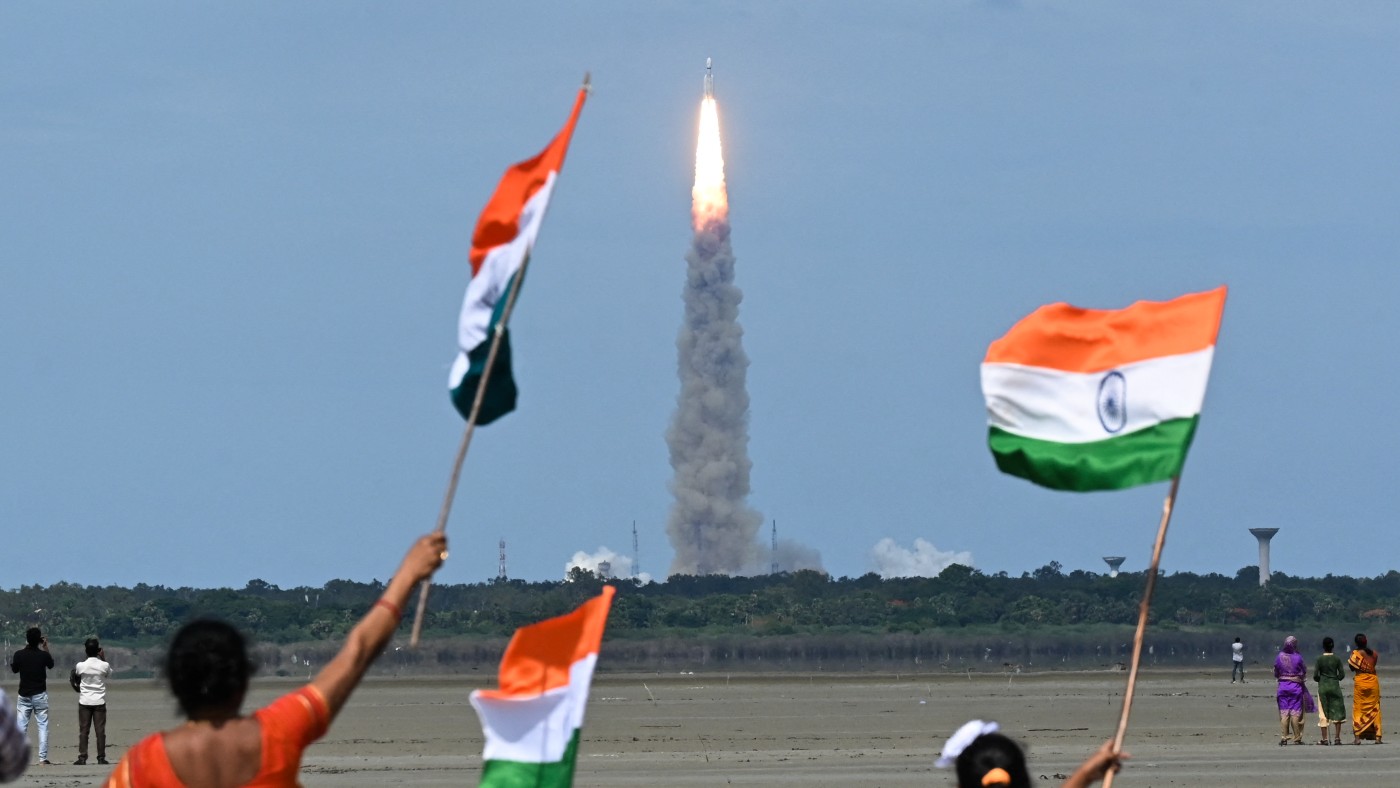 India hoping to be fourth country to reach Moon after Chandrayaan-3 launch
India hoping to be fourth country to reach Moon after Chandrayaan-3 launchSpeed Read Rocket aiming to set its lander Vikram down near Moon’s little-explored south pole
-
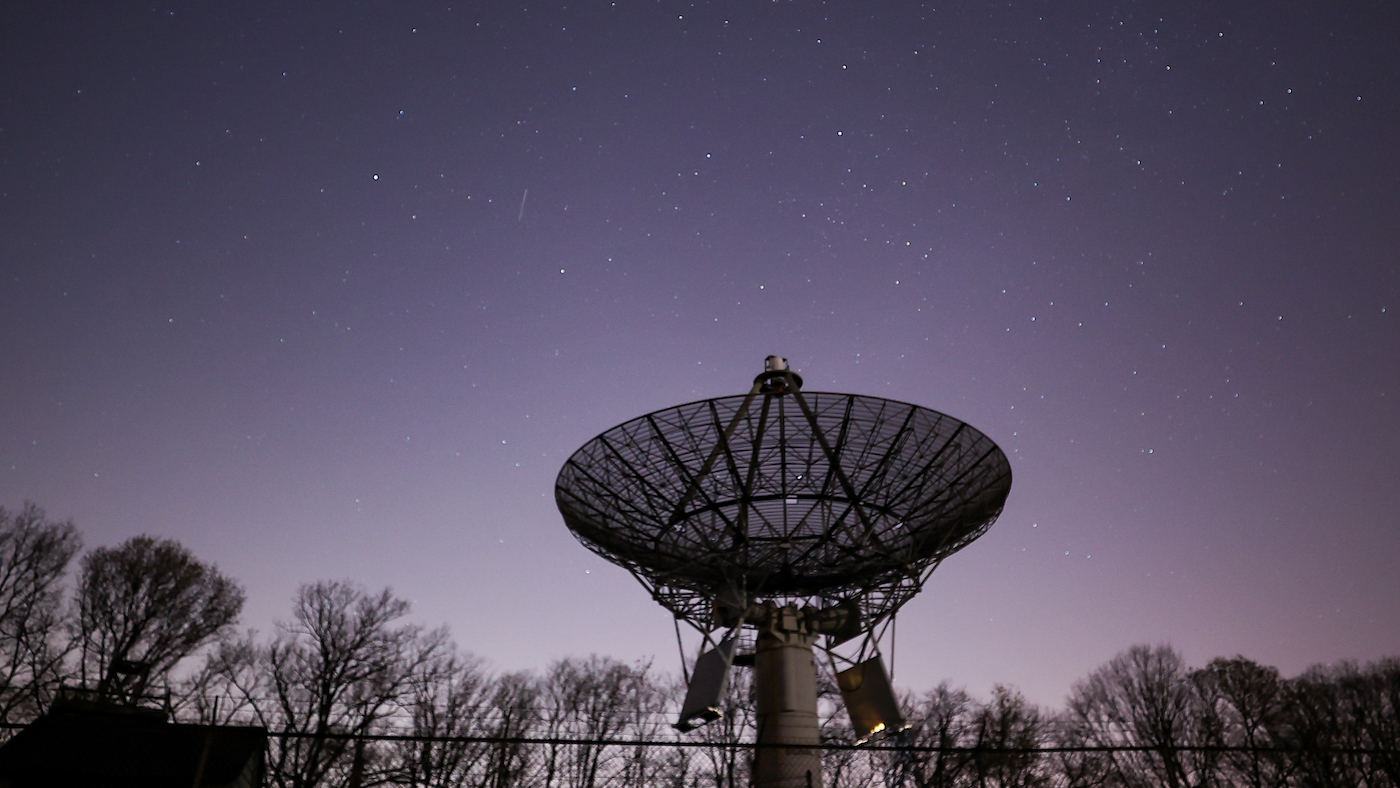 Pentagon whistleblower claims government hiding alien technology
Pentagon whistleblower claims government hiding alien technologyfeature A former intelligence worker claims the government is secretly holding vehicles of ‘non-human origin’
-
 China plans to land astronaut on the moon by 2030, official says
China plans to land astronaut on the moon by 2030, official saysSpeed Read
-
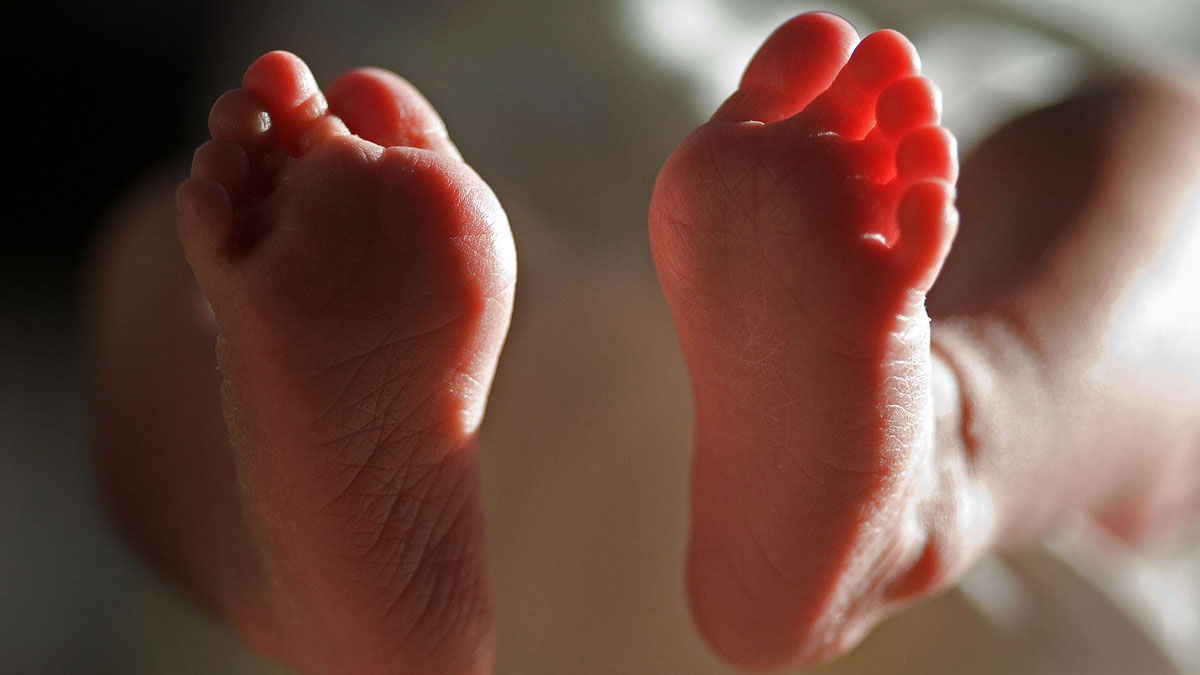 Baby born using three people’s DNA
Baby born using three people’s DNAfeature And other stories from the stranger side of life
-
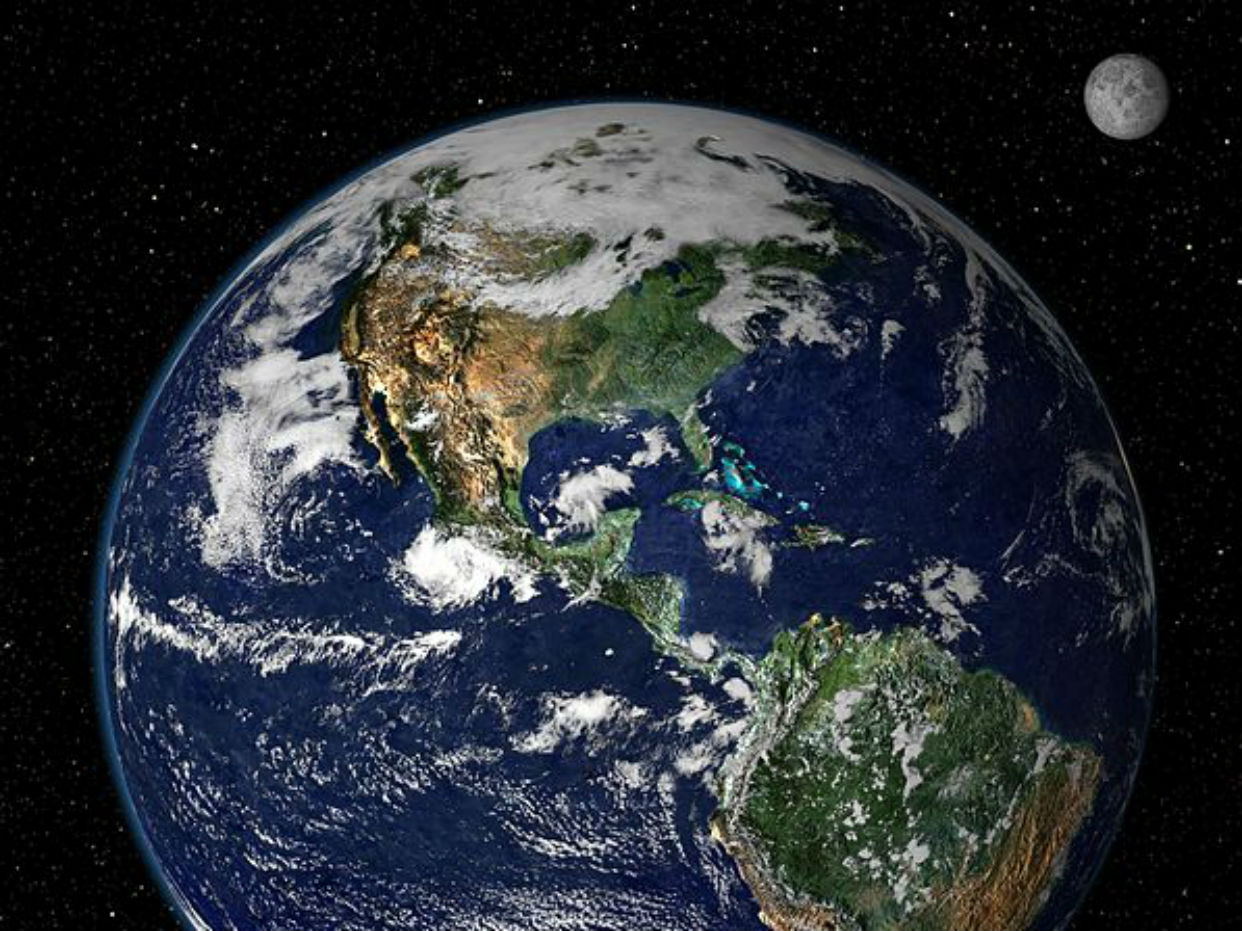 Scientists have watched the end of the world
Scientists have watched the end of the worldfeature And other stories from the stranger side of life
-
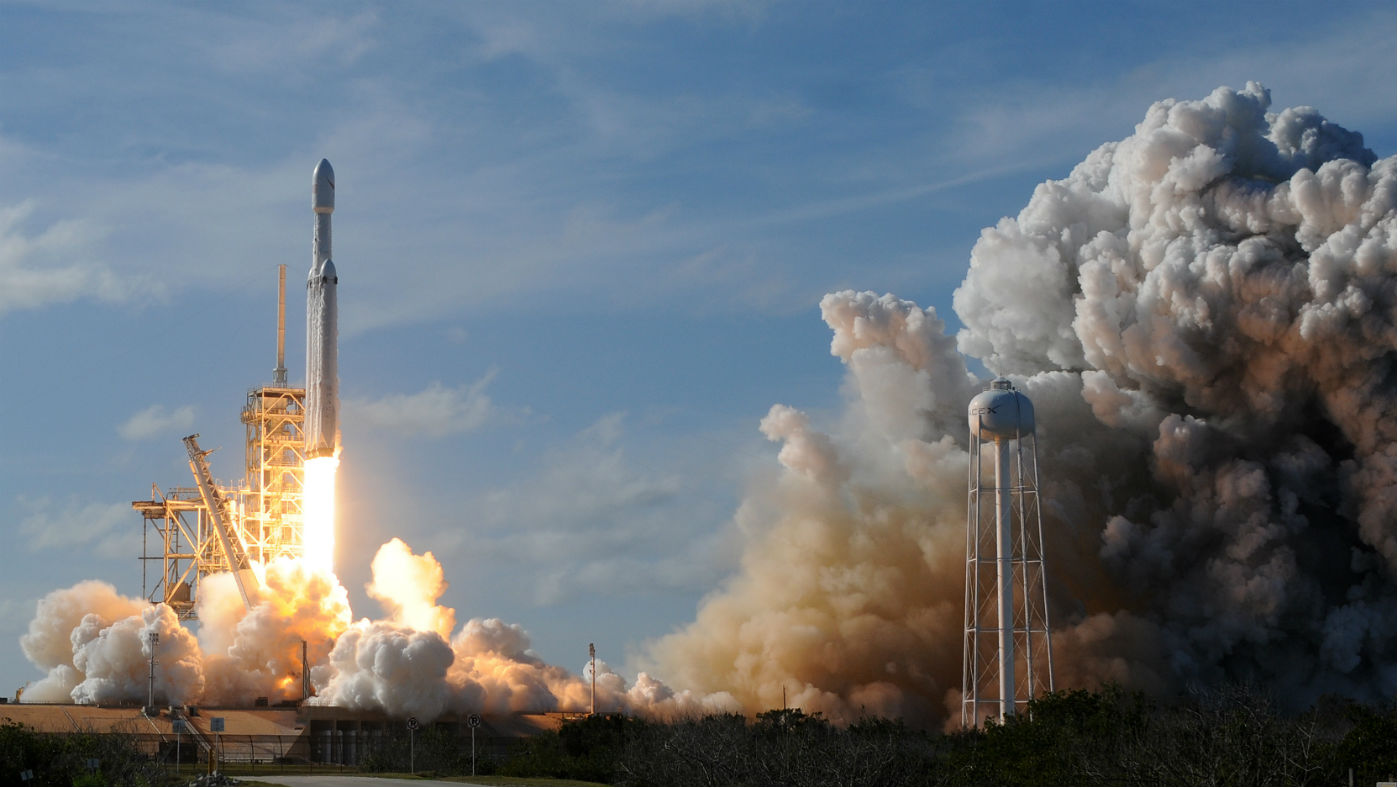 Space tourists face sex bureaucracy
Space tourists face sex bureaucracyfeature And other stories from the stranger side of life